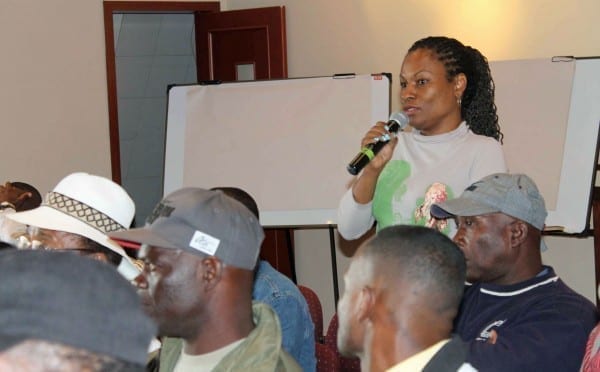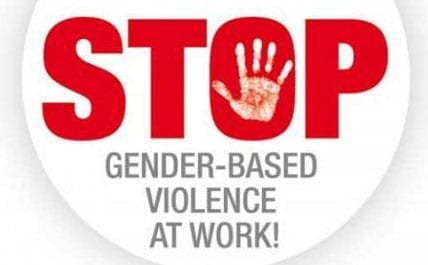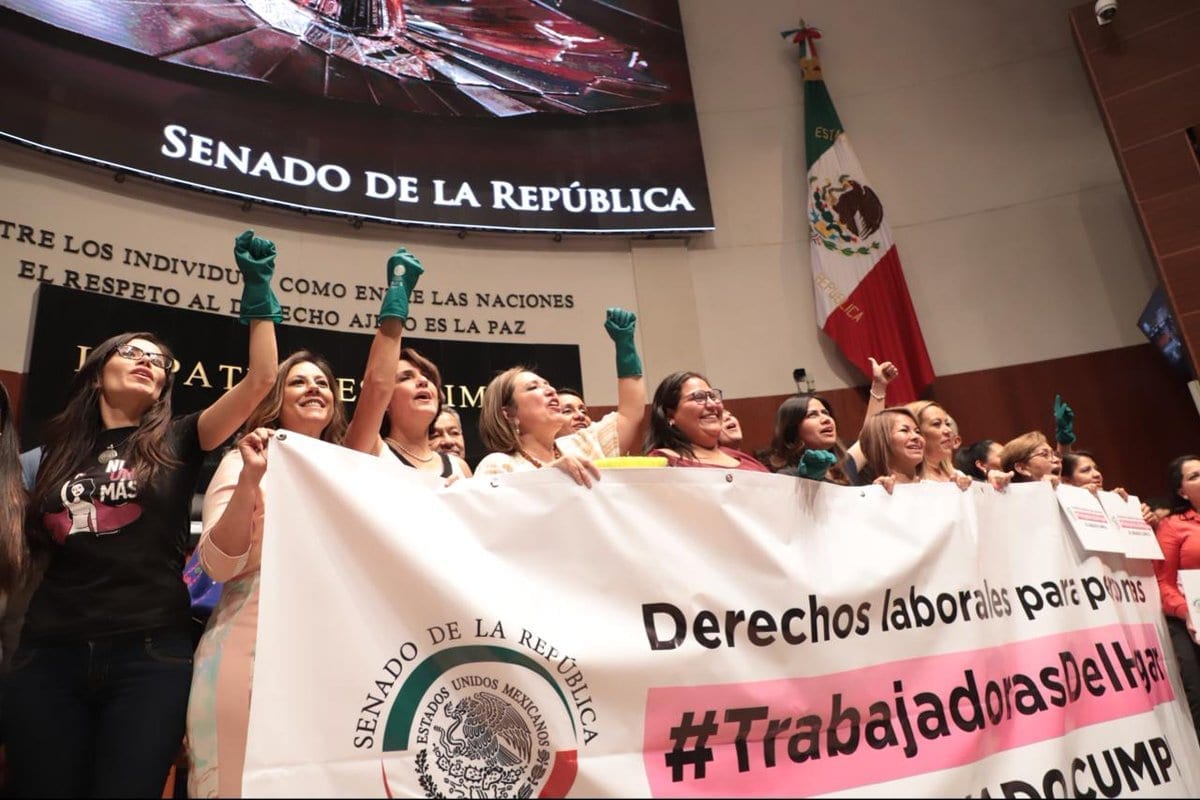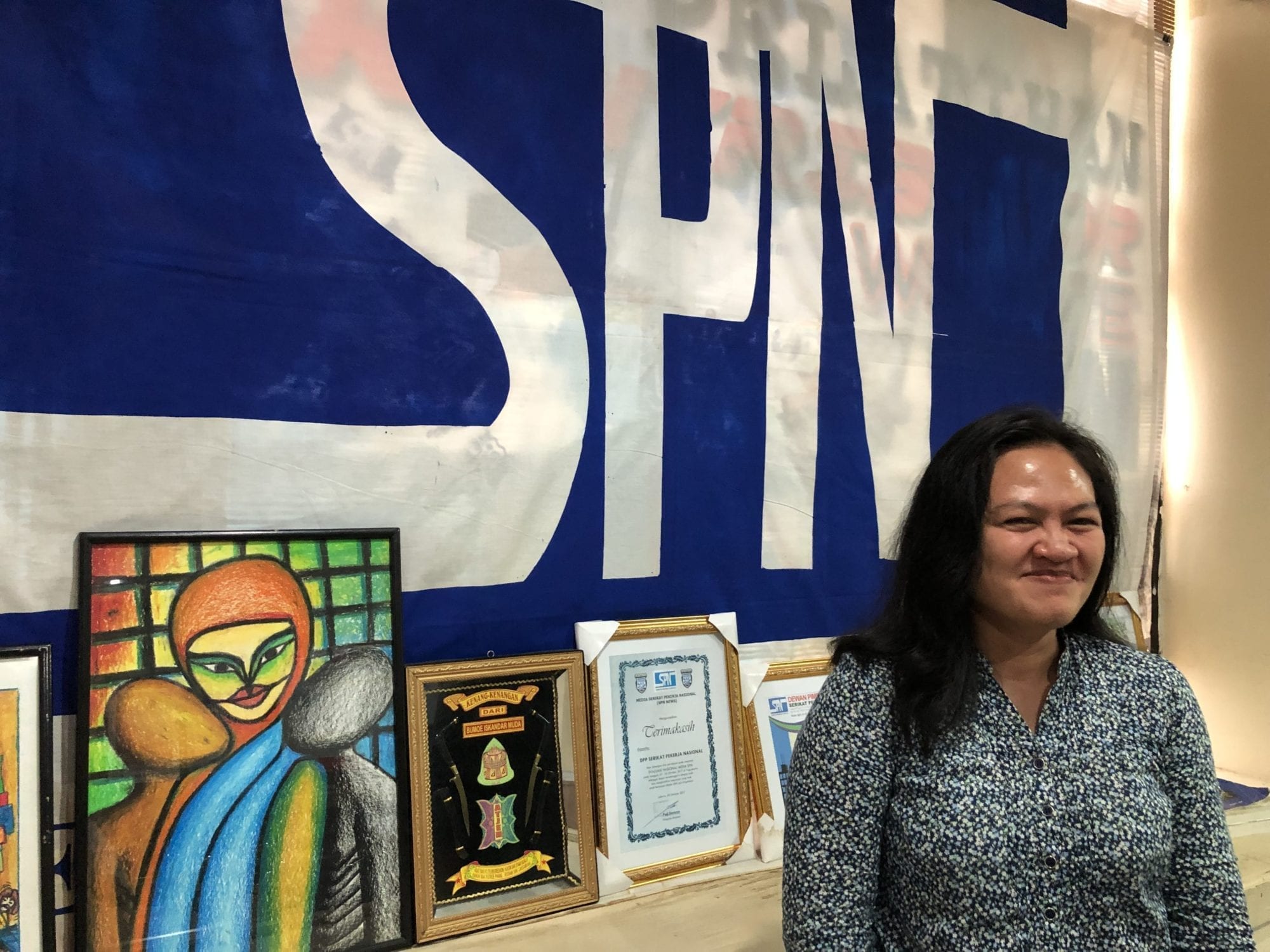Solidarity Center’s video on gender-based violence at work is now available in Sinhala and Tamil. The two-minute video explains the forms of gender-based violence at work, which include bullying, verbal abuse and stalking, systemic gendered imbalance between employers...

The Solidarity Center supported the development of the Afro-Colombian Labor Council, the first national organization in Colombia dedicated to improving the working conditions of Afro-descendants. Credit: Solidarity Center/Rhett Doumitt
- Conducts research and awareness-raising to challenge systems of oppression and inform inclusive approaches to building worker power across social identities at all levels
- Supports representative, inclusive leadership in our partner organizations
- Engages in cross-movement work to combat tools of oppression that impact women, including gender-based violence and harassment at work
- Brings together unions and community groups to identify shared socioeconomic struggles, analyzes how those struggles are linked to systemic racism and implements organizing, legal and advocacy strategies to collectively overcome the oppression that entraps workers in poverty
- Advocates for economic policies that uproot systemic discrimination and exploitation in labor markets.
Domestic Workers in Mexico Win Landmark Rights Law
Legislation requiring written contracts, paid vacation and annual bonuses for domestic workers passed Mexico’s House and Senate and is expected to be signed into law by President Andrés Manuel López Obrador. The landmark law, which also prohibits employers from hiring...
Taking on Gender-Based Violence at Work in Indonesia
Like women around the world, Indonesian factory, farm and office workers frequently face sexual harassment, bullying, rape and other forms of gender-based violence (GBV) on the job—yet many are unaware that anything can be done to address it. Now, union women leaders...
No Results Found
The page you requested could not be found. Try refining your search, or use the navigation above to locate the post.



